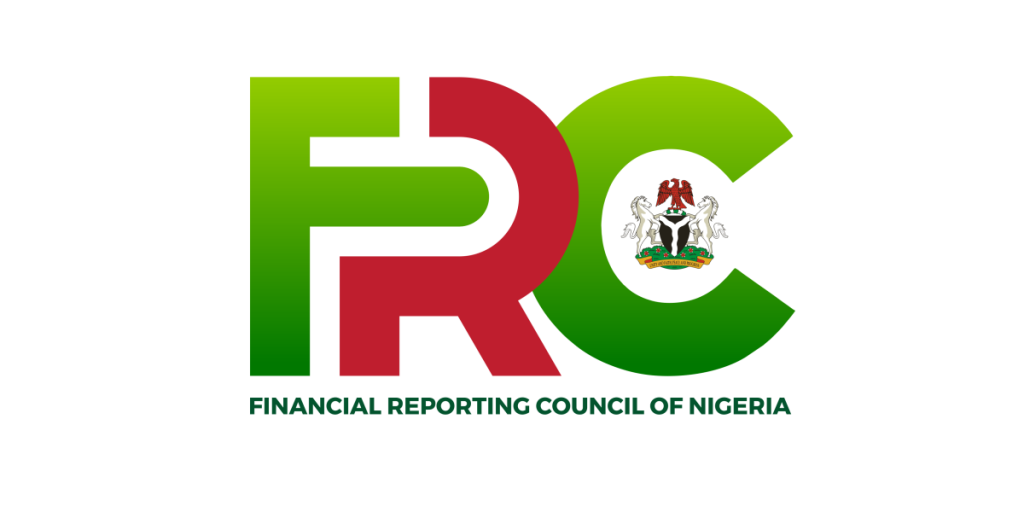The Nigerian financial landscape faces a critical shortage of actuarial professionals, a concern jointly raised by the Financial Reporting Council of Nigeria (FRC) and the Nigerian Actuarial Development Programme (NADP). This scarcity, currently estimated at a mere 28 qualified actuaries for a nation of over 200 million people, poses significant risks to the credibility and reliability of financial reporting across various sectors, particularly insurance, banking, and healthcare. The FRC and NADP have identified this deficit as a major impediment to accurate risk assessment, sound financial planning, and overall economic stability. The limited number of qualified actuaries restricts the capacity of these sectors to effectively manage risk and ensure long-term financial health, potentially leading to inaccurate pricing of insurance products, inadequate reserves, and flawed investment decisions. This, in turn, can undermine investor confidence, increase financial instability, and hinder the growth of these crucial sectors.
To address this pressing issue, the FRC and NADP have initiated a multi-pronged approach aimed at attracting and developing actuarial talent within Nigeria. Recognizing the need to foster interest at the grassroots level, the organizations are actively engaging in university outreach programs, aiming to educate students about the actuarial profession and its potential. These efforts aim to demystify the profession and highlight the crucial role actuaries play in various industries. The outreach programs are designed to showcase the intellectual stimulation, career prospects, and societal impact associated with actuarial science, thereby attracting a new generation of professionals to the field. Furthermore, the FRC has implemented financial incentives to ease the path for aspiring actuaries, covering tuition and examination fees to alleviate the financial burden associated with pursuing the demanding actuarial qualifications. This financial support aims to make the profession accessible to a wider range of students, irrespective of their socioeconomic backgrounds, broadening the pool of potential actuarial candidates.
Beyond attracting new talent, the FRC and NADP are also focused on strengthening the existing actuarial framework within Nigeria. This involves the development of comprehensive actuarial practice regulations to ensure high professional standards and ethical conduct. These regulations will provide a clear framework for actuaries to operate within, outlining best practices and promoting accountability. In addition, efforts are underway to develop Nigeria-specific mortality and mobility tables, crucial tools for accurate risk assessment and pricing within the insurance and healthcare sectors. These tables provide localized data that reflects the specific demographic and health characteristics of the Nigerian population, enabling more accurate actuarial calculations and informed decision-making.
The significance of the actuarial profession and the nature of its contribution to financial stability were highlighted during a recent event themed “Building Capacity for Actuarial Excellence in Nigeria” held at the University of Benin. Professor Ismaila Adeleke of the University of Lagos emphasized the critical role actuaries play in assessing and managing financial risks, particularly within the insurance and finance industries. Actuaries utilize advanced mathematical and statistical models to analyze data, predict future events, and assess their financial implications. Their expertise is crucial in setting insurance premiums, determining appropriate reserve levels, and evaluating the overall financial stability of organizations. Moreover, actuaries contribute significantly to investment risk assessment and healthcare cost predictions, providing essential insights for sound financial planning and resource allocation.
The event also shed light on the stark reality of the actuarial gap in Nigeria. Despite the existence of over 223 universities in the country, only eight offer actuarial science as a course. This limited availability of academic programs contributes significantly to the scarcity of qualified professionals. Furthermore, even within the large pool of over 50,000 accountants in Nigeria, none hold actuarial qualifications, further highlighting the distinct and specialized nature of actuarial expertise. This disparity underscores the urgent need for increased investment in actuarial education and training to bridge the existing gap and ensure the availability of qualified professionals to meet the growing demands of the financial sector.
The discussions during the event also extended to career pathways within the actuarial field. Kingsley Miller, immediate past president of the Nigeria Actuarial Association, provided insights into the diverse career opportunities available to actuarial professionals. The event also highlighted the objectives and opportunities presented by the NADP, with Olasunkanmi Ayinde, Head of the Directorate of Actuarial Standards at FRC, emphasizing the program’s commitment to fostering actuarial development and excellence in Nigeria. The combined efforts of the FRC, NADP, and academic institutions represent a crucial step towards strengthening the actuarial profession and ensuring the long-term stability and integrity of the Nigerian financial system.


